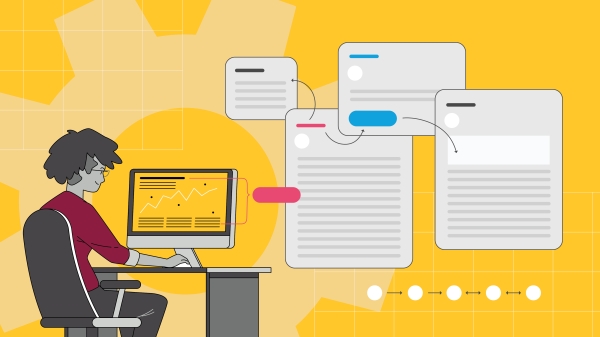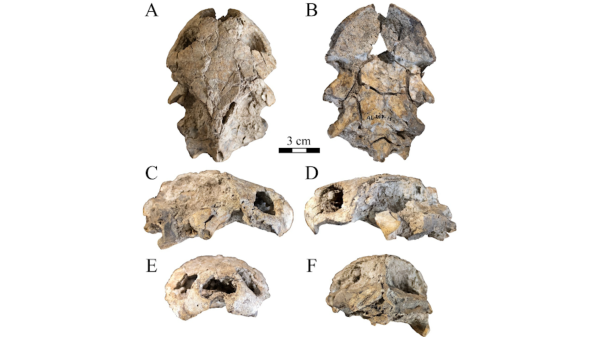ASU engineers working to protect nation’s energy-delivery systems from cyberattacks

Left: Anna Scaglione, professor of electrical, computer and energy engineering. Right: Gail-Joon Ahn, Fulton Entrepreneurial Professor of computing, informatics and decision systems engineering and director of the Global Security Initiative’s Center for Cybersecurity and Digital Forensics.
Arizona State University has been named a partner in a $28.1 million national research program to develop cybersecurity tools and standards to protect the country’s electricity infrastructure from attacks.
The University of Illinois is leading the program, called the Cyber Resilient Energy Delivery Consortium (CREDC). It will work with 11 other universities and national laboratories to focus on improving the cyber resiliency of energy-delivery systems.
The Ira A. Fulton Schools of Engineering is leading ASU’s effort, under the leadership of Anna Scaglione, professor of electrical, computer and energy engineering, and Gail-Joon Ahn, Fulton Entrepreneurial Professor of computing, informatics and decision systems engineering and director of ASU’s Global Security Initiative’s Center for Cybersecurity and Digital Forensics.
Funding for the ASU’s part of the project is $1.2 million.
The consortium will undertake research, development, education and outreach activities — with intense industry engagement — to develop solutions. The consortium model explicitly creates a pipeline that generates research results and takes them through to evaluation and deployment of prototypes in industrial settings, with a handoff to the energy sector through licensing, start-ups and open-source mechanisms.
Energy-delivery systems are critical infrastructures and, due to their wide area footprint, rely on complex industrial control networks and enterprise networks to ensure reliability in their day-to-day operations and for their management.
“The computer network technologies used expose these systems to cyberattacks similar to those impacting financial institutions, government and many other enterprises,” Scaglione said. “In addition to the breach of confidential information and possible economic losses, attacks to energy-delivery systems can potentially activate malicious automation equipment with dire consequences, since they can damage physical instrumentation and, at a larger scale, lead to outages which have great socio-economic impact.”
“Our stake in this initiative is to focus on securing several new technologies that are emerging,” Ahn said. “We will study the coupling that exists between energy-delivery systems and other infrastructures, including building and home automation infrastructures and the so-called Internet of Things, which can make the end use of electricity responsive to grid congestion, but may also be vulnerable to cyberattacks aimed at creating imbalance in the grid.”
ASU researchers also will study how future energy-delivery systems can leverage the trends toward cloud computing and cloud storage without opening the door to new cybersecurity threats.
“Cybersecurity is one of the most serious challenges facing grid modernization, which is why maintaining a robust, ever-growing pipeline of cutting-edge technologies is essential to helping the energy sector continue adapting to the evolving landscape,” said Patricia Hoffman, assistant secretary for the Department of Energy’s Office of Electricity Delivery and Energy Reliability. “To meet this challenge, we must continue investing in innovative, next-generation technologies that can be transitioned to the energy sector to reduce the risk of a power disruption resulting from a cyber incident.”
More Science and technology

New research by ASU paleoanthropologists: 2 ancient human ancestors were neighbors
In 2009, scientists found eight bones from the foot of an ancient human ancestor within layers of million-year-old sediment in…

When facts aren’t enough
In the age of viral headlines and endless scrolling, misinformation travels faster than the truth. Even careful readers can be…

Scientists discover new turtle that lived alongside 'Lucy' species
Shell pieces and a rare skull of a 3-million-year-old freshwater turtle are providing scientists at Arizona State University with…